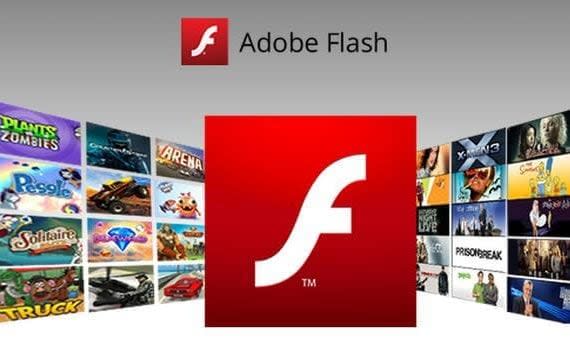Adobe's Flash Player browser plug-in discontinued

Adobe’s iconic Flash Player - the browser plug-in that hosted many animations on the internet - has been discontinued 24 years on from when it was first released.
The plug-in allowed users to stream videos and play games after it was downloaded via dial-up internet. Flash was also key in helping YouTube host high-quality videos.
The widespread availability of better technologies as well as the diminished use of Flash meant it was time to discontinue the service. Adobe stopped providing security updates since New Year’s Eve and will block Flash content from running on January 12, it said in a blog post.
“Adobe strongly recommends all users immediately uninstall Flash Player to help protect their systems,” the company said.
Since it was first released in 1996, the plug-in was hit with numerous security concerns and faced stinging criticism from the likes of former Apple boss Steve Jobs, who insisted the software would not run on the company’s devices.
Other tech companies followed suit before HTML5, software that could handle all the tasks of Flash without needing to be installed, came along in 2014. HTML5 resulted in a dramatic reduction in the use of Flash.
The now-discontinued software was synonymous with much of early internet culture with cartoons like Salad Fingers and Peanut Butter Jelly Time owing their widespread popularity to the tool.
Flash was also home to a range of highly-addictive internet games like athletics game QWOP and puzzle title Bejeweled.

 Yahoo Finance
Yahoo Finance 